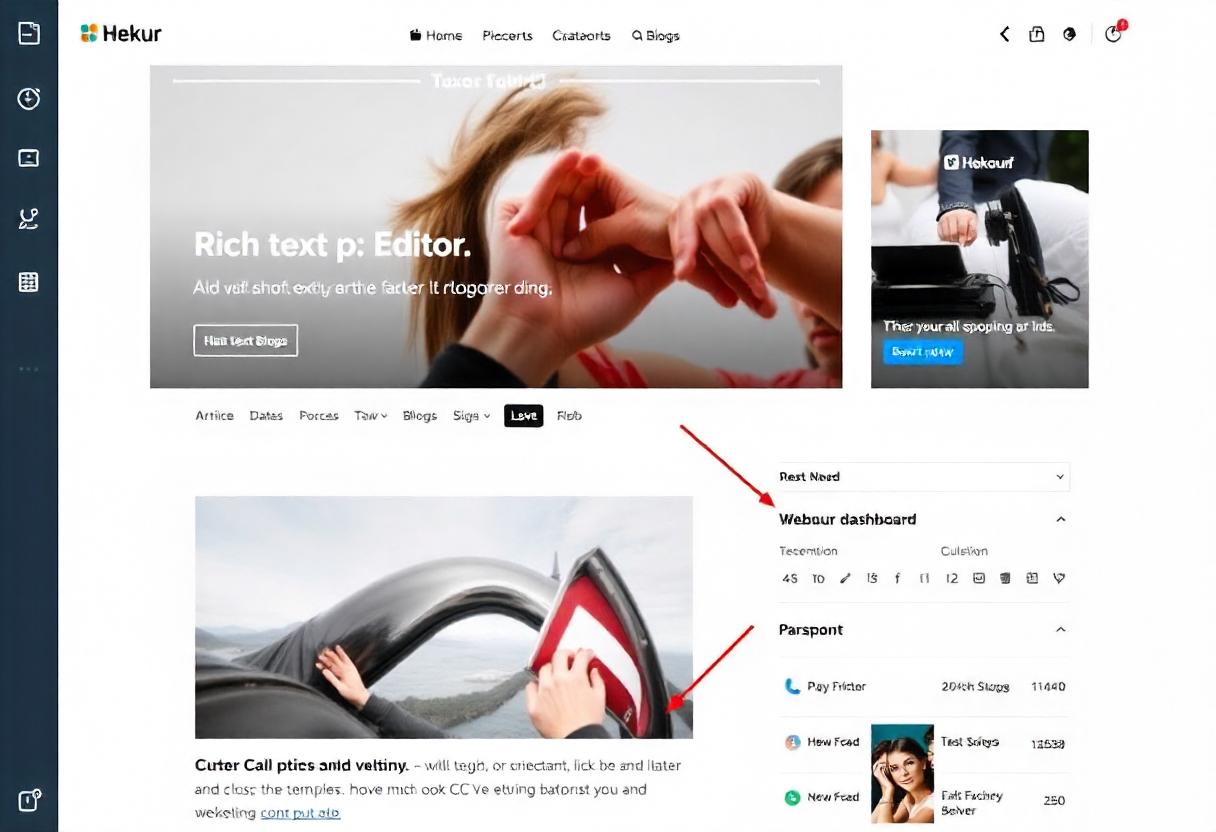Within today’s digital landscape, having a well-defined social media strategy is essential for the success of any startup. Social media is a powerful tool for building brand awareness, engaging with potential customers, and driving business growth. However, without a structured approach, efforts can be wasted on ineffective tactics. This article will guide you through the key steps to developing a successful social media strategy for your startup.
1. Define Your Goals
Before diving into social media, it’s important to establish clear objectives. Common goals for startups include:
- Increasing brand awareness
- Driving website traffic
- Generating leads
- Boosting sales
- Engaging with customers
- Building a community
Ensure that your goals align with your overall business objectives and are SMART (Specific, Measurable, Achievable, Relevant, and Time-bound).
2. Identify Your Target Audience
Understanding who your ideal customers are will help you create content that resonates with them. To define your audience:
- Conduct market research
- Create buyer personas
- Analyze competitors’ audiences
- Consider demographics such as age, gender, location, interests, and online behavior
Knowing your audience allows you to craft messages that are more relevant and engaging.
3. Choose the Right Platforms
Not all social media platforms will be suitable for your startup. Choose platforms based on where your audience spends the most time and where your type of business can thrive. For example:
- Instagram & TikTok: Best for visually appealing brands, influencers, and younger audiences.
- LinkedIn: Ideal for B2B startups and professional networking.
- Facebook: Effective for community building and advertising.
- Twitter: Great for real-time updates and customer engagement.
- YouTube: Perfect for long-form educational or entertainment content.
4. Develop a Content Strategy
A well-planned content strategy ensures that your posts are engaging and relevant. Consider the following content types:
- Educational Content: Tips, how-to guides, and industry insights.
- Promotional Content: Product showcases, offers, and company updates.
- Engaging Content: Polls, quizzes, contests, and Q&A sessions.
- User-Generated Content (UGC): Testimonials and content created by your customers.
- Behind-the-Scenes Content: Give your audience a look at your startup’s culture and operations.
Ensure your content maintains a consistent brand voice and style to strengthen brand identity.
5. Create a Posting Schedule
Consistency is key to social media success. Develop a content calendar that outlines:
- Posting frequency (daily, weekly, etc.)
- Best times to post for maximum engagement
- A mix of content types to keep your audience engaged
Using social media management tools like Hootsuite, Buffer, or Sprout Social can help automate and optimize posting schedules.
6. Engage With Your Audience
Social media is not just about posting content—it’s about interaction. Foster engagement by:
- Responding to comments and messages promptly
- Encouraging discussions with interactive posts
- Hosting live Q&A sessions or webinars
- Collaborating with influencers and industry experts
Engagement builds trust and brand loyalty, ultimately leading to higher conversions.
7. Utilize Paid Advertising
While organic reach is valuable, social media ads can accelerate your growth. Most platforms offer highly targeted advertising options, allowing you to reach potential customers based on demographics, interests, and behaviors. Start with a small budget, test different ad formats (such as carousel ads, video ads, or lead-generation ads), and optimize based on performance data.
8. Monitor and Analyze Performance
Regularly tracking your social media performance helps refine your strategy. Use analytics tools to measure key metrics such as:
- Engagement rates (likes, shares, comments)
- Follower growth
- Website traffic from social media
- Conversion rates from paid campaigns
- Best-performing content
Platforms like Facebook Insights, Instagram Analytics, Twitter Analytics, and Google Analytics provide valuable insights into what’s working and what needs improvement.
9. Adapt and Improve
Social media trends and algorithms are constantly evolving, so be prepared to adapt your strategy. Stay updated on industry trends, experiment with new features, and adjust your approach based on performance data and audience feedback.
Building an effective social media strategy for your startup requires careful planning, consistent effort, and continuous optimization. By setting clear goals, understanding your audience, creating engaging content, and leveraging analytics, you can maximize the impact of your social media efforts and drive sustainable business growth. Start small, stay consistent, and refine your approach as you grow.

